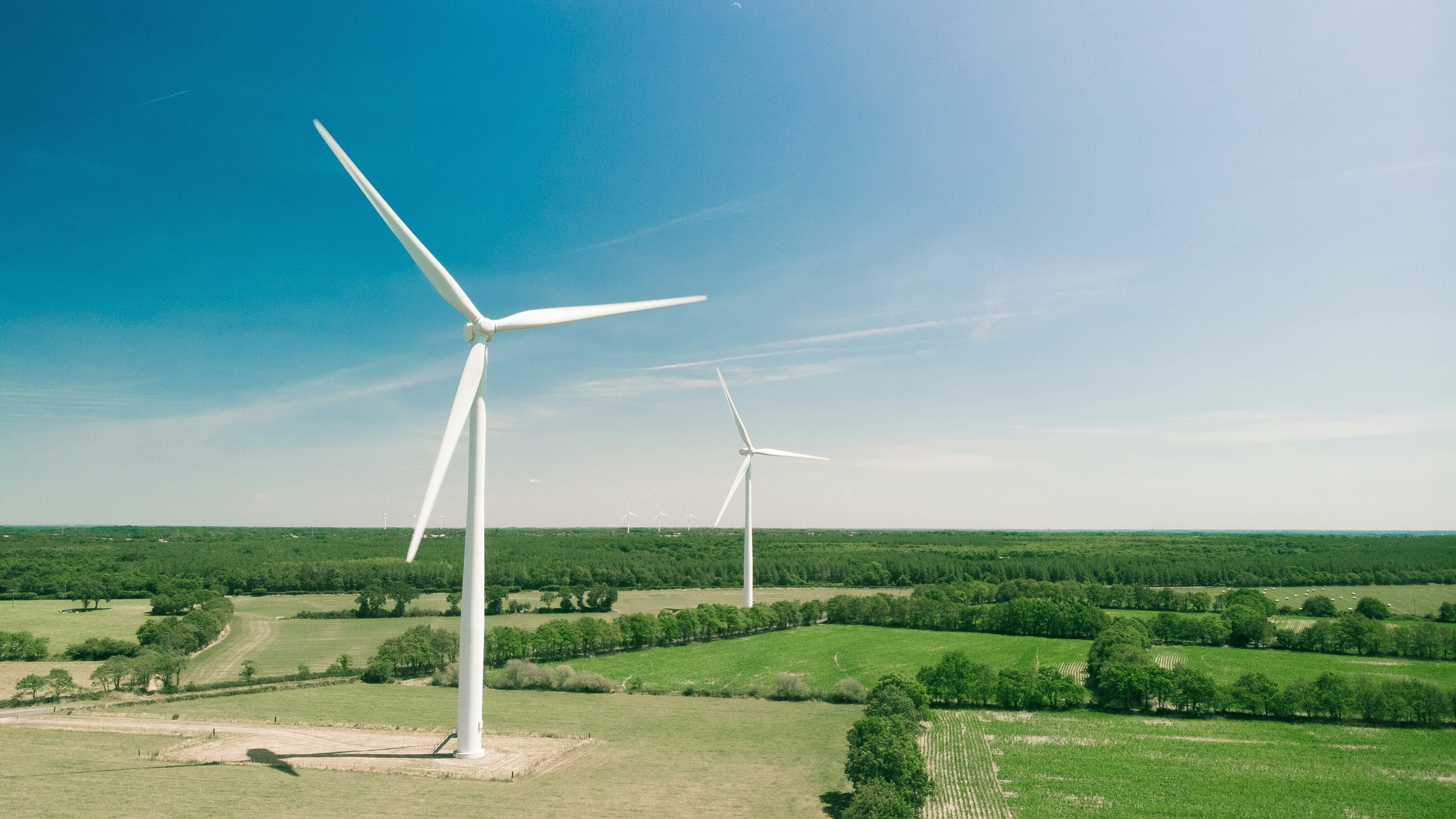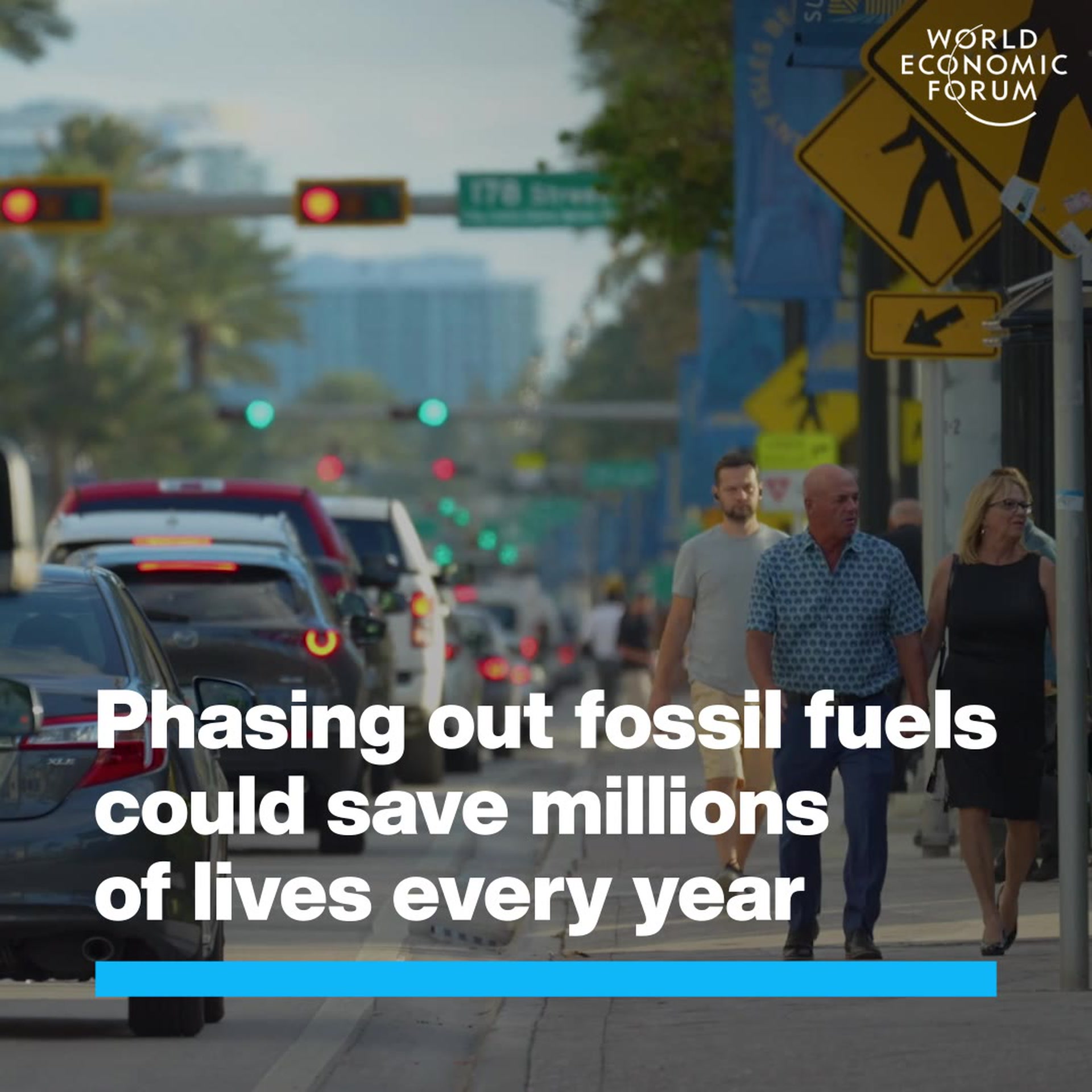Here's a cost-effective way to improve air quality

Research into poor air quality only requires small investment to create massive global impact. Image: REUTERS/Jason Lee.

Get involved with our crowdsourced digital platform to deliver impact at scale
Stay up to date:
Air Pollution
- Outdoor air pollution is the cause of 3.4 millions deaths a year globally and is a major contributing factor to climate change.
- Global efforts to improve air quality are massively underfunded, but opportunities exist to make significant improvements.
- A $10 million investment would fill major global air quality data gaps, creating key infrastructure to fuel locally-led solutions.
According to the World Health Organization, 90% of the world breathes unhealthy air every day. The major source of air pollution is fuel combustion, the key human activity responsible for climate change. In terms of public health, poor outdoor air quality causes an estimated 3.4 million deaths globally each year. Despite being the fourth leading risk factor for early death worldwide – surpassed only by high blood pressure, tobacco use, and poor diet – air pollution is easy to ignore because it is an invisible and constant killer that can only be attributed at a population level and not an individual one. But make no mistake, the air we breathe is dirty, it’s killing us, and heating up the planet. There's a huge need to improve the air quality.
Fortunately, dirty air is eminently solvable. Examples abound with communities around the world, from China to Chile, that have successfully improved the air they breathe. The hard part is that there isn’t a single, one-size-fits-all, scalable solution to improve air quality. Almost always, solutions to air pollution require long term, locally-led efforts that navigate complex local political, social, and economic circumstances.
Like many complex problems that require long term locally-led solutions, international funding support has flagged. According to the UK-based Clean Air Fund, foundations invested a mere $31.6 million in addressing outdoor air quality problems globally in 2019. Americans lose double that amount in loose change each year. Meanwhile, the World Bank estimates that the world economy loses $5.7 trillion – 4.8% of global GDP annually – due to poor outdoor air quality. This means we are investing in solving outdoor air pollution 100,000 times less than what it is costing us. The problem of poor outdoor air quality is so under-funded, relative to its negative impacts, that it is one of those rare areas where a small, smart investment could genuinely have global impact.
What's the World Economic Forum doing about the transition to clean energy?
More local data is needed to improve air quality
But how can we smartly invest at scale to address a global problem that requires complex, locally-led solutions? It is simple: invest in universal infrastructures that locally-led efforts consistently identify as necessary tools for their work. In the case of air quality, one of these essential tools is data. Any solution to tackle air pollution is going to require outdoor air quality data – after all, that’s ultimately the measurement any solution is seeking to improve. As the old adage says, you can’t manage what you don’t measure.
A giant air quality data gap is readily apparent when you look at a global map of available on-the-ground measurements. Large swathes of Africa, Central Asia, and South America lack measurements, yet through long term satellite measurements, we know they are all areas with populations that experience hazardous levels of air pollution.

We know from examples in cities around the world that when timely, relevant air quality data has been made available, various local actors – from scientists to policymakers, to the media – are able to push local efforts forward in fighting and improving air pollution. In fact, in China, we have witnessed how just a single standard, “reference grade” air quality monitor placed on a rooftop in Beijing can spark an air quality revolution in a country and even a region.
Many emerging low-cost sensing air quality technologies are also reliant on “reference grade” monitors existing – and their data being open for calibration – for their sector to scale. Better local monitoring has implications for the international air quality community too. The data feeds into global and regional chemical transport models and satellite retrievals of air quality, which are necessary components for global climate and public health efforts. Again, this case is simple: if you’re trying to do work that improves air quality, you need to be able to measure it first.
Small investment: big impact
According to the non-profit OpenAQ, at least 1 billion people live in about a dozen countries where no regular, government produced air quality data is available. To launch an effort that fills these simple data gaps with robust measurements made by local stakeholders is not rocket science, nor is it prohibitively expensive.
In fact, a single $10 million investment toward placing “reference grade” monitors run by local organizations in a few key countries where currently no air quality data is being generated would fill a substantial gap in the global air quality data landscape. While data on its own can’t solve a complex problem like air pollution, it can do a powerful and scalable thing: provide communities around the world with the necessary infrastructure and capacity so that they can clean the air themselves.
There are few global issues in which $10 million can make even a dent. Filling the global air quality data gap is a rare opportunity to make cost-efficient, impactful long term locally-led investment on both climate and public health. Why aren’t we doing this? It is time to improve air quality now!
Don't miss any update on this topic
Create a free account and access your personalized content collection with our latest publications and analyses.
License and Republishing
World Economic Forum articles may be republished in accordance with the Creative Commons Attribution-NonCommercial-NoDerivatives 4.0 International Public License, and in accordance with our Terms of Use.
The views expressed in this article are those of the author alone and not the World Economic Forum.
Related topics:
The Agenda Weekly
A weekly update of the most important issues driving the global agenda
You can unsubscribe at any time using the link in our emails. For more details, review our privacy policy.
More on Air PollutionSee all
Shirley Rodrigues, Iyad Kheirbek and Magdalena Młochowska
March 18, 2024
Andrea Willige
March 6, 2024
Angel Hsu, Diego Manya and Chester Ling
February 6, 2024
Bas Henzing and Ruben Goudriaan
January 15, 2024
November 30, 2023







